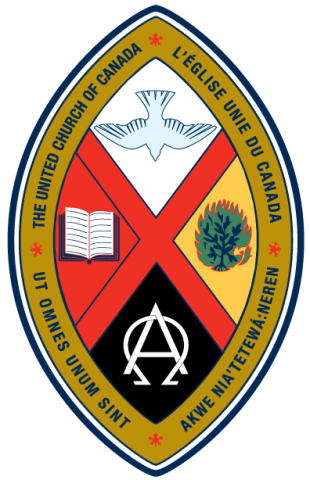HELLO!

Among the many flaws and challenges that I live with, passivity is not one of them. Obvious reason for this is privilege. As a white straight middle-class male, I am afforded agency and influence many are not. In fact, I am often given authority, a platform, and influence even when I do not seek it, or want it. I can’t tell you the number of times in my life when I showed up at a public meeting, and the next I know, I am told “you are in charge” or I become the spokesperson. While I do enjoy interpreting the views of others, I have zero interest in being in charge of anything. Despite being as opinionated as anyone, I rarely need things to “go my way”. Most of my closest friends would tell you I am about as flexible as anyone they ever met. I really don’t need things offered in any particular way, to be happy. Joy comes to me by making a difference, making others laugh, laughing at some absurd circumstance, or experiencing a Divine epiphany when I least expect it. Despite being loud, I am relatively low maintenance. When I told “you are in charge” it is not good news for me.
I attempt to solicit others’ views, to understand where a compromise is possible, to seek justice but also allow those who do need things offered in a rather specific way, to feel heard/seen. My wife says one of the flaws of this approach is people come away from a conversation with me thinking I must agree with them, since I am so willing to go with their suggestions. That is one reason I am so outspoken, so there is no confusion, that others might assume I agree with them. People seem confused I would not agree with them, yet we would do what they want.
My concern with passivity is this, it provides an easy out from taking the responsibility to initiate and implement one’s needs. Rather than moving forward with making one’s goals a reality, it is left to others “them” “the mucky-mucks” “the hoity-toities” to make it happen and if it doesn’t “they didn’t listen” “they failed to act” and “what are you going to do…” I get it, “system” did and does often reflect the privileged doing what they want, despite the voices of so often over-looked and dismissed. There is no doubt we live in an unfair world, where wealth, gender, race, play a disproportionate role in how community makes decisions. But two things can be true at the same time, the system may be “rigged” or unjust AND when the opportunity arises for us to speak up, more importantly to speak and offer to be part of the change (not just ask others to do it for us) we need to act. Gandhi says we need to “be the change” we need/want. Surely that means letting go of passivity and embracing action, solutions, not just lamenting the lack of justice but being a part of the just society we crave, we desire. Peace, Kevin

 We are a congregation of the United Church of Canada, a member of the Worldwide Council of Churches.
We are a congregation of the United Church of Canada, a member of the Worldwide Council of Churches.